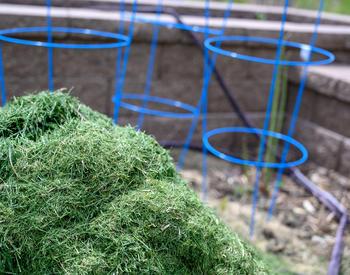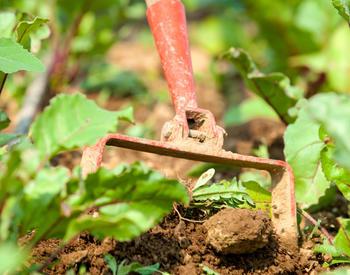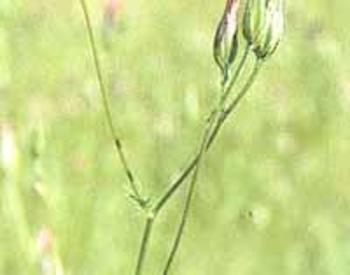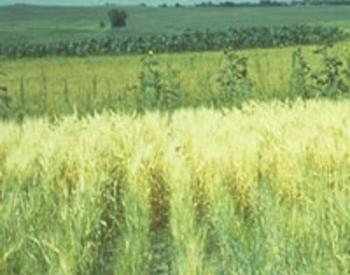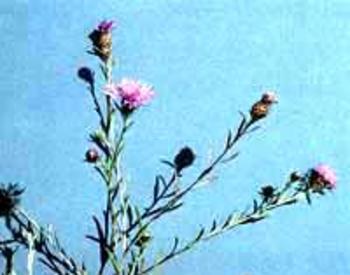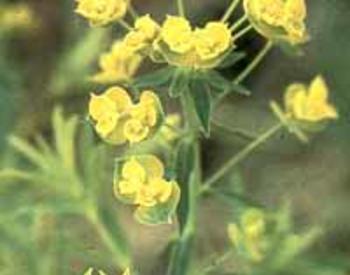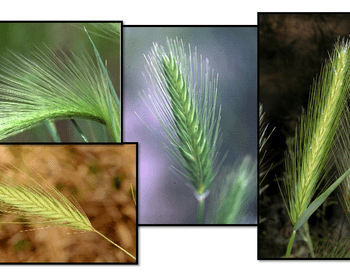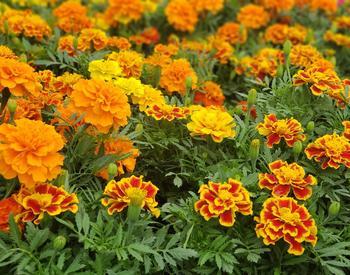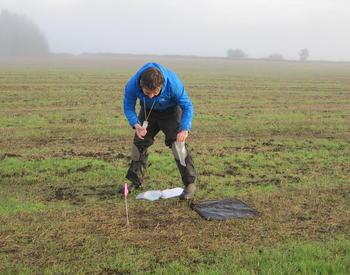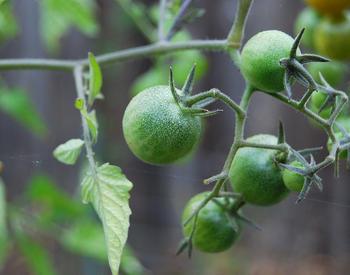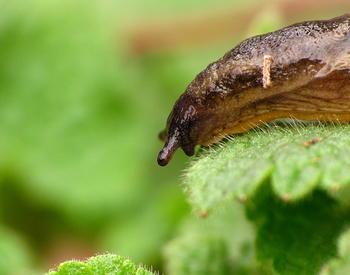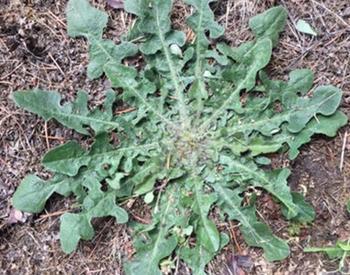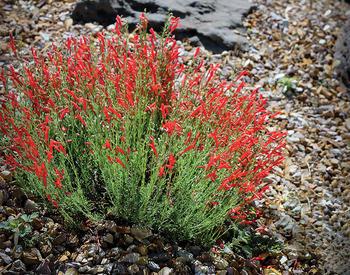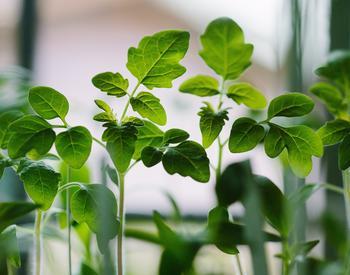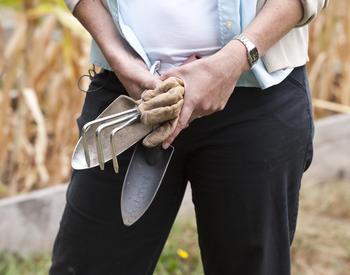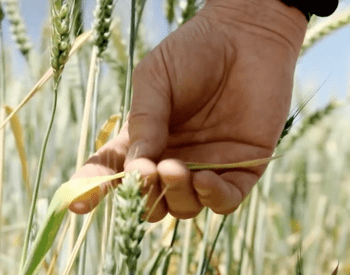I’m thinking of using horticultural vinegar a spot applicator such as Weed Wand Magic to kill weeds like dandelions & possibly painting the vinegar onto grasses growing in a planting bed. Do you have any experience with this approach?
Horticultural vinegar, as you probably know, is 20% acetic acid. This is four times stronger than household vinegar (5% acetic acid). As such, it can be quite challenging to use. You have to be very careful to protect your skin and eyes from direct contact with the spray.
Effectiveness of horticultural vinegar
So how good is the weed control? This is somewhat complicated and not yet well-worked out for all weed species, especially perennial weeds. The best results are on young plants that have recently germinated. It can be quite effective. But weed seeds in the ground that germinate after application generally are not affected. We call this kind of herbicidal activity as "contact" i.e., it does not move systemically through roots or stems but can disrupt leaves it directly contacts. Often, the effects are better when applied on warm days.
Perennial plants are the hardest to control with this product since it isn't translocated to the root system very well if at all. So your dandelions would be a challenge as are plants like morning-glory, horsetail, and Canada thistle.
I experimented with a common vinegar (5%)+epsom salts+dishwashing soap mix widely being shared on the web on a stand of Canada thistle in a pasture. The mix burned down both the grass and the thistle shoots. But next year, the thistle came back as strong as ever but the grass did not. That was not a good result for a pasture treatment.
Keep records of vinegar application
That said, there is a lot we are still learning about the use of vinegar as an herbicide. It would be helpful if you could keep good records of your treatments, including the following:
- Time of application
- Which weeds varieties were targeted and at what stage of their growth
- Weather conditions at application
- Both near and longer-term results
This would be valuable to all of us that do work in this area. And please, read and follow all label instructions. Take special care of your eyes and skin as noted.
¡Use los pesticidas con seguridad!
- Póngase ropa de protección y equipo de seguridad según las recomendaciones de la etiqueta. Báñese después de cada uso.
- Lea la etiqueta del pesticida—aunque lo haya usado antes. Siga al pie de la letra las indicaciones de la etiqueta (y cualquiera otra indicación que Ud. tenga).
- Tenga precaución al aplicar los pesticidas. Conozca su responsabilidad legal como aplicador de pesticidas. Usted puede ser responsable de heridas o daños resultantes del uso de un pesticida.
